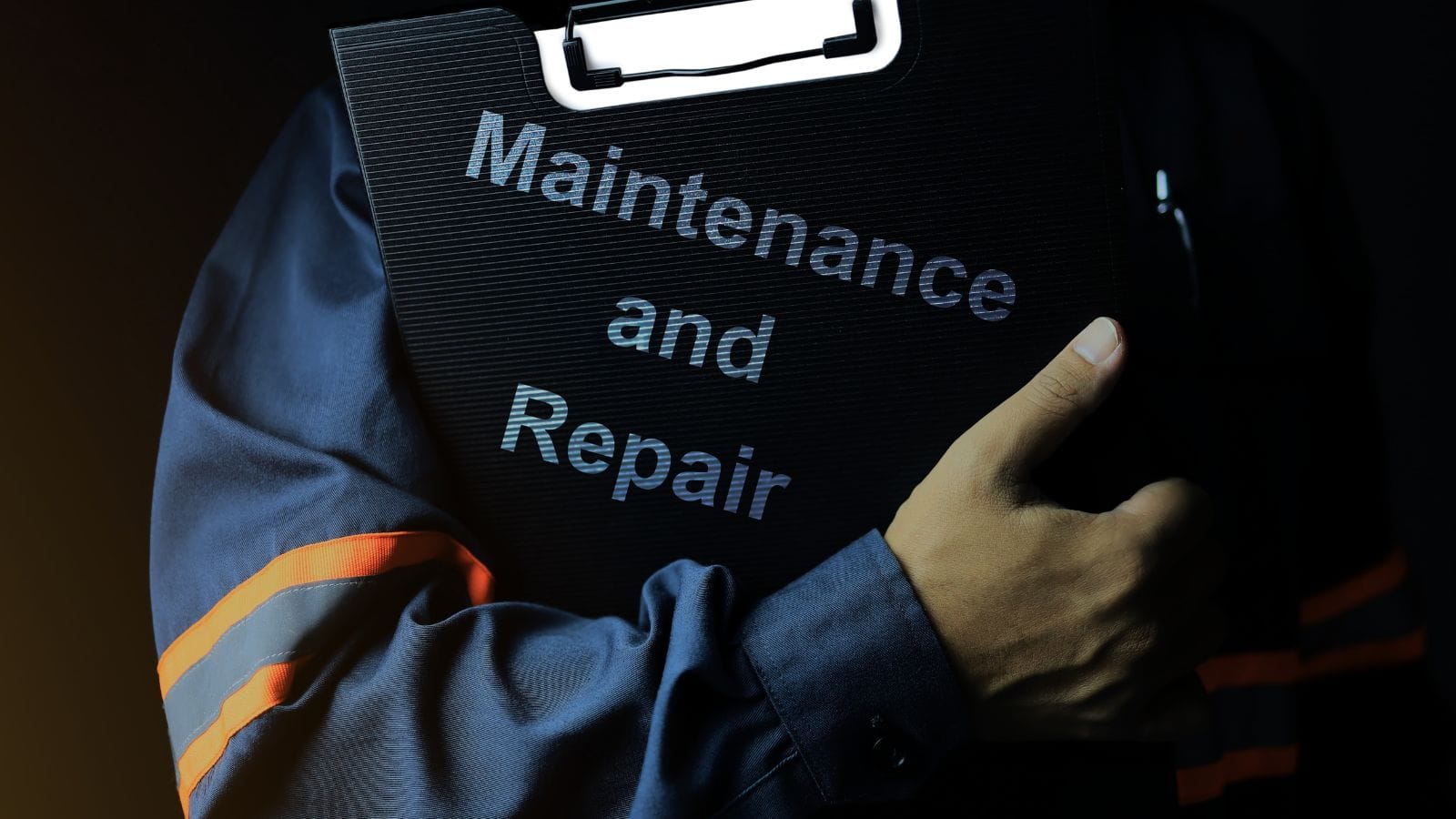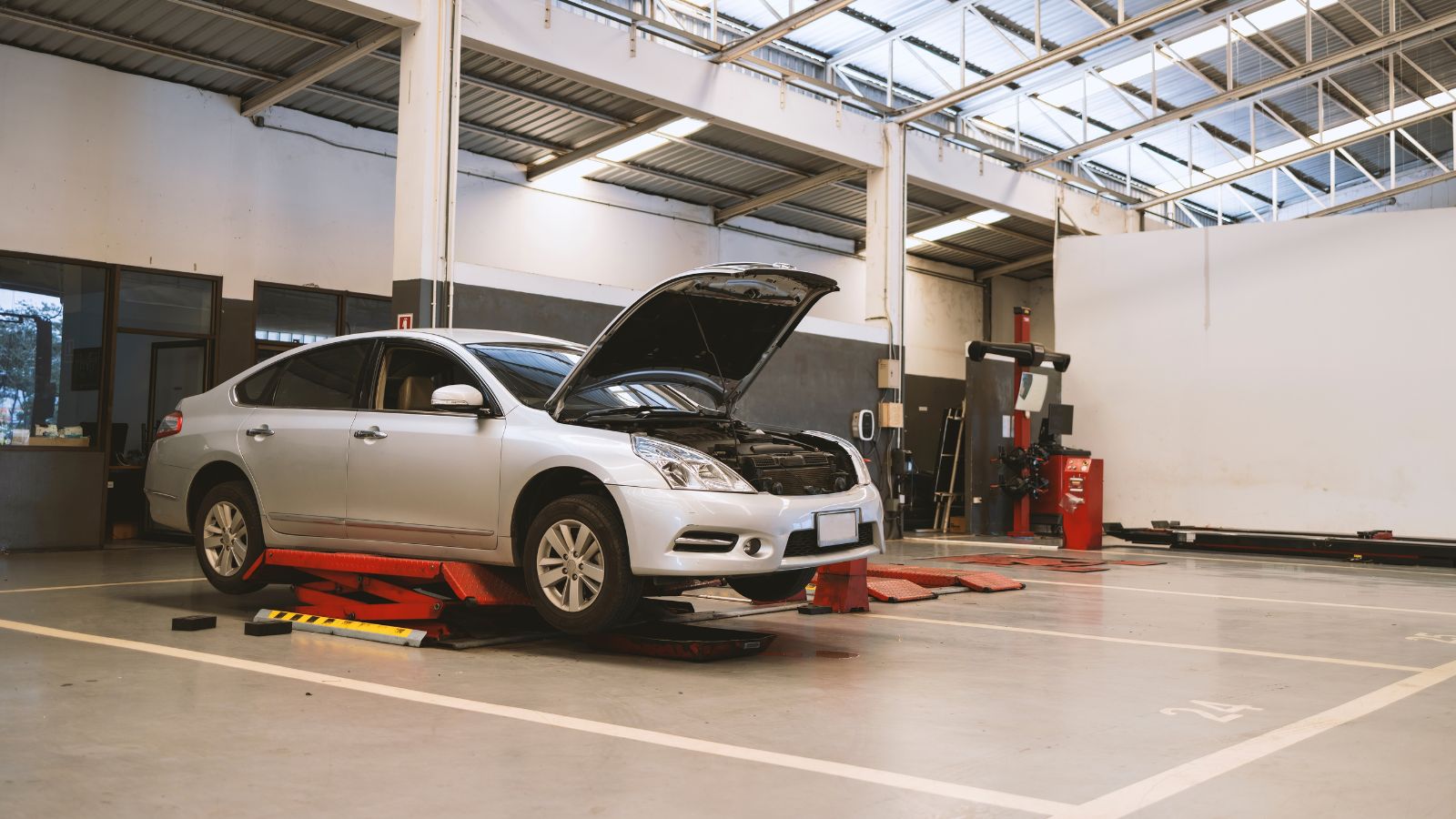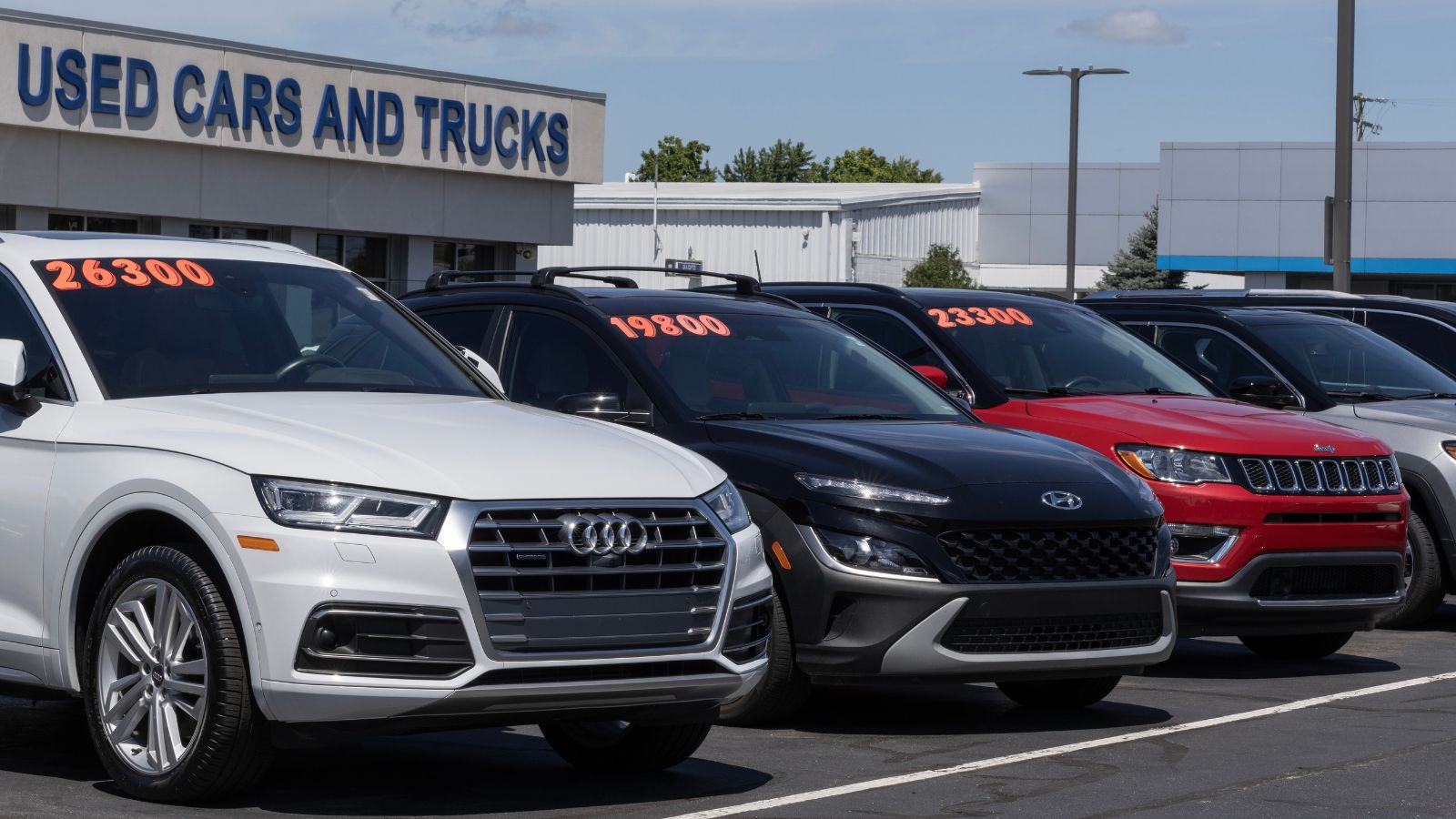A used car can be the smartest purchase you ever make, but it can just as easily turn into a financial nightmare if you fall into the common traps that catch so many buyers. Professional salesmen who work in dealerships every day have seen it all. They know the errors that lead to wasted money, endless frustration, or buyers’ remorse the moment you drive off the lot. The difference between getting a dependable bargain and ending up with a lemon often comes down to preparation and patience. Here are ten of the most damaging mistakes that seasoned pros say you should avoid if you want your used car purchase to be a success.
Skipping the Test Drive

A surprising number of buyers never bother to test drive the car they are about to purchase. They assume that if it looks good, it must be good. Salesmen know better. A test drive is where hidden problems show themselves. You might notice transmission hesitation, uneven braking, suspension noise, or even poor visibility that you would never catch while the car is parked. A car may feel fine for the first minute but reveal steering vibration or sluggish acceleration once you get it up to highway speed. Experienced pros always say the test drive should not be rushed. Try city streets, the open highway, and even a few sharp turns so you can get a feel for how the car truly behaves.
Ignoring the Vehicle History Report

An attractive price and clean interior can hide years of abuse. Failing to check the vehicle’s history is one of the most costly mistakes buyers make. Tools like Carfax or AutoCheck reveal whether the car was in an accident, branded as a salvage, or damaged in a flood. Pros know that cars with hidden histories are often dressed up to look presentable on the lot, but those records tell the truth. A car that has been totaled and rebuilt may look fine but often hides structural weaknesses that make it unsafe. Spending a small fee on a report can save you from thousands in repairs and endless headaches later.
Not Setting a Budget First

Many buyers walk onto a lot without knowing what they can truly afford. Salesmen say this is a recipe for overspending because emotions take over once a flashy model catches your eye. Having a set budget ahead of time protects you from pressure and makes it easier to negotiate confidently. Remember that the budget should cover more than just the purchase price. Taxes, registration, insurance, and potential repairs all add to the cost. Without setting limits, you risk falling in love with something that looks affordable on paper but stretches your finances dangerously thin once everything is factored in.
Forgetting to Check Financing Options

Dealership financing can be convenient, but it is not always the best deal. Many buyers accept the first loan offered without comparing rates, and sales pros know this is where buyers often lose thousands over the life of the loan. Walking in pre-approved by a bank or credit union gives you negotiating power and ensures you are not taken advantage of. It also shows the salesman that you are serious and informed. Professionals often advise that even if you end up using dealer financing, having outside options keeps you from being boxed into a bad agreement.
Overlooking Independent Inspections

Even the most careful buyer cannot spot every issue by sight or during a short test drive. This is why pros insist on getting a pre-purchase inspection from a trusted mechanic. Spending a hundred dollars now could uncover worn timing belts, oil leaks, hidden rust, or failing suspension parts that could cost thousands to repair. Dealerships that stand behind their cars will rarely object to an inspection, and if they do, that is a red flag in itself. Salesmen often say the savviest buyers are the ones who never skip this step because they know it is the difference between a smart investment and a costly mistake.
Getting Caught Up in Monthly Payments

Salesmen see it all the time: buyers focus on the monthly payment instead of the actual price of the car. Stretching out a loan can make even an overpriced car look affordable because the payments are small, but in reality, you end up paying far more in interest. The danger is that buyers who only look at the payment forget to check the total loan amount. Professionals warn that the best way to avoid this trap is to focus on the out-the-door price, not how the numbers are divided up over months. If a deal sounds too good to be true on the payment side, it probably means you are overpaying elsewhere.
Forgetting About Depreciation and Resale Value

Some cars hold their value remarkably well, while others drop like a stone the moment they leave the lot. Sales pros often remind buyers that resale value matters, even if you think you will keep the car forever. Life changes, needs shift, and you may want to trade or sell sooner than expected. Choosing a model with a reputation for reliability and strong resale will save you money long term. On the other hand, buying a car that loses value quickly might feel like a deal at first, but when it is time to move on you may find yourself stuck with little return.
Skipping Research on Insurance Costs

Two cars that cost the same to buy can carry very different insurance premiums. Salesmen often shake their heads at buyers who discover after the sale that their insurance rates have doubled. Sports cars, luxury vehicles, and even some SUVs come with higher premiums due to repair costs or risk factors. Checking rates before buying is simple, yet it is a step many overlook. Professionals suggest that you always call your insurance company with the vehicle’s VIN before signing paperwork. A quick phone call can prevent months of surprise expenses.
Falling for Cosmetic Fixes

Fresh paint, detailed interiors, and brand new tires can make a car look flawless, but sales pros caution that these details can hide deeper problems. A new coat of paint might be covering rust repair, or new tires might distract from worn suspension parts. Dealers know presentation sells, which is why they often invest in cosmetic touch ups. Smart buyers look past the surface and focus on the mechanical health of the vehicle. A car that runs well but looks a little worn is often a better purchase than one that shines but hides costly issues.
Rushing the Process

The final and perhaps most damaging mistake is rushing. Buying in haste because you are excited or pressured by a salesman often leads to regret. Professionals note that the buyers who take their time, compare models, check records, and walk away from bad deals are the ones who end up happiest with their purchase. Cars are major investments, and taking a few extra days or weeks to make sure you are getting the right one is always worth it. The people who slow down, ask questions, and avoid impulse decisions are the ones who drive away with confidence rather than worry.
Good Advice

Buying a used car is not just about finding something shiny on the lot. It is about patience, research, and discipline. Sales pros agree that avoiding these mistakes skipping the test drive, ignoring history, neglecting inspections, or rushing the deal can mean the difference between years of reliable driving and months of frustration. When you focus on the right details and refuse to cut corners, the odds shift in your favor. A used car should be an opportunity, not a gamble, and with the advice of those who know the business best, you can make sure it is a win.
25 Facts About Car Loans That Most Drivers Don’t Realize

Car loans are one of the most common ways people fund car purchases. Like any other kind of loan, car loans can have certain features that can be regarded as an advantage or a disadvantage to the borrower. Understanding all essential facts about car loans and how they work to ensure that you get the best deal for your financial situation is essential. Here are 25 shocking facts about car loans that most drivers don’t realize:
25 Facts About Car Loans That Most Drivers Don’t Realize
